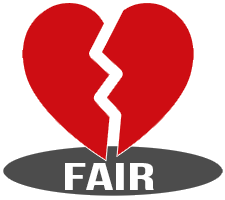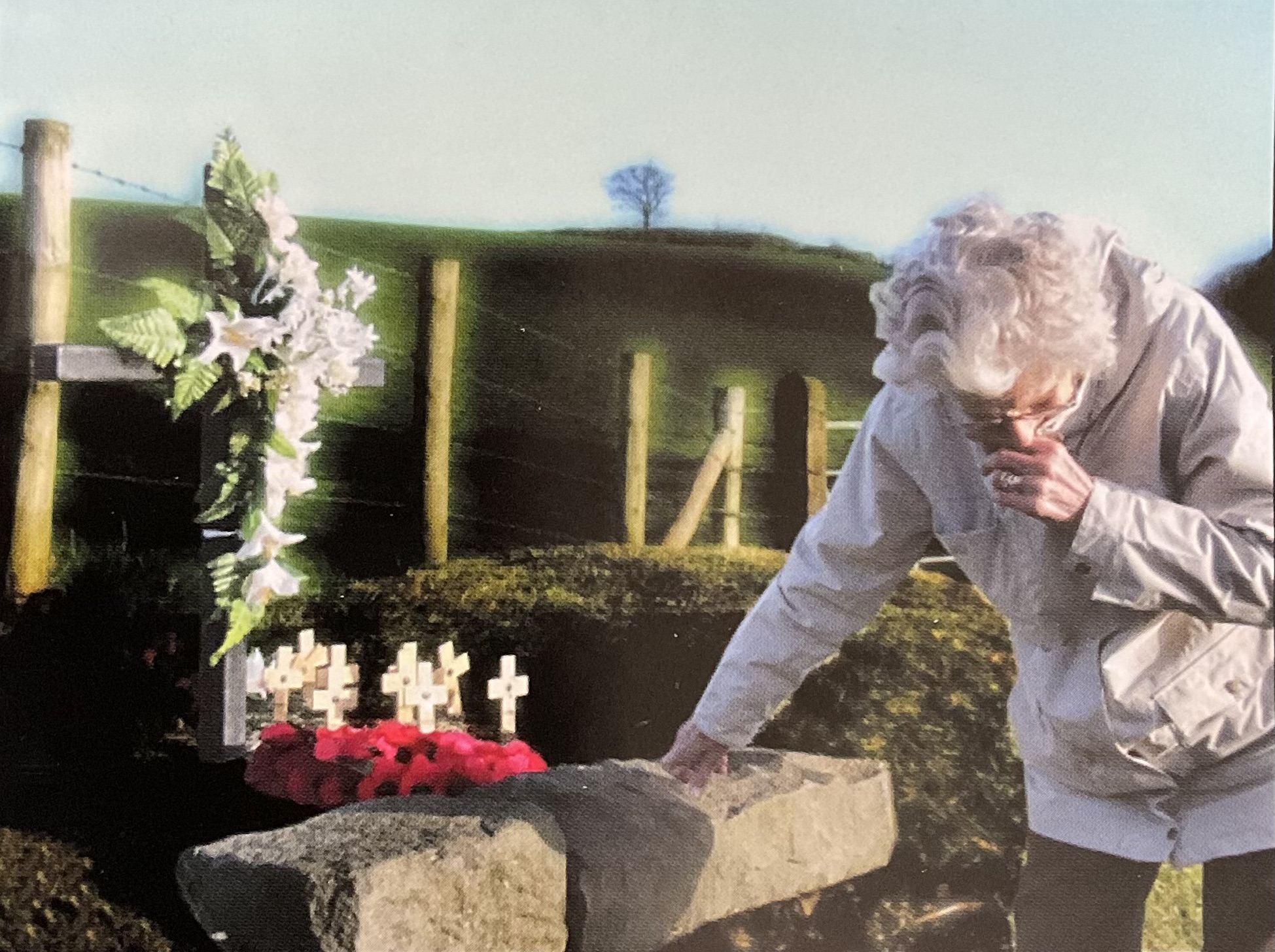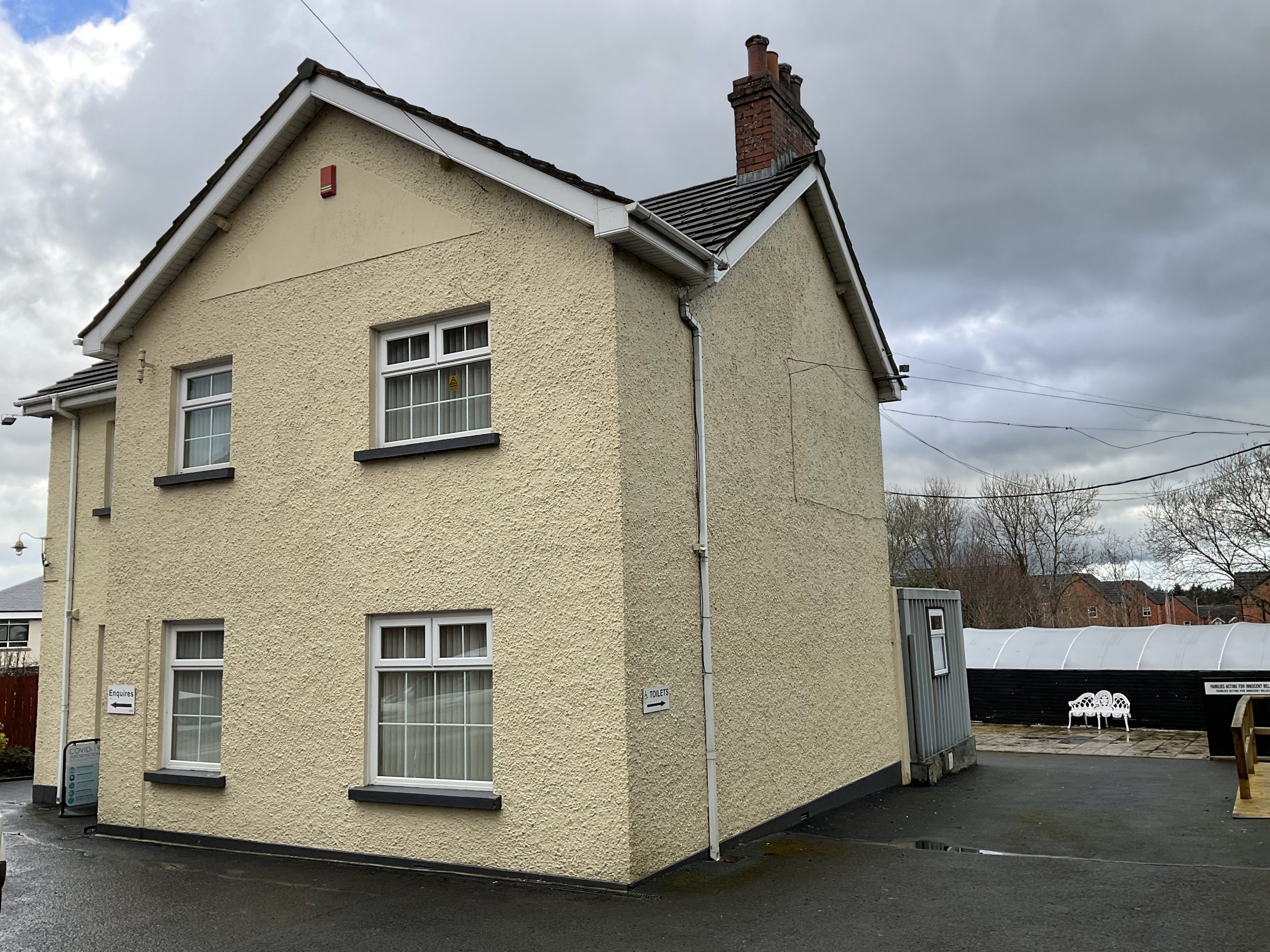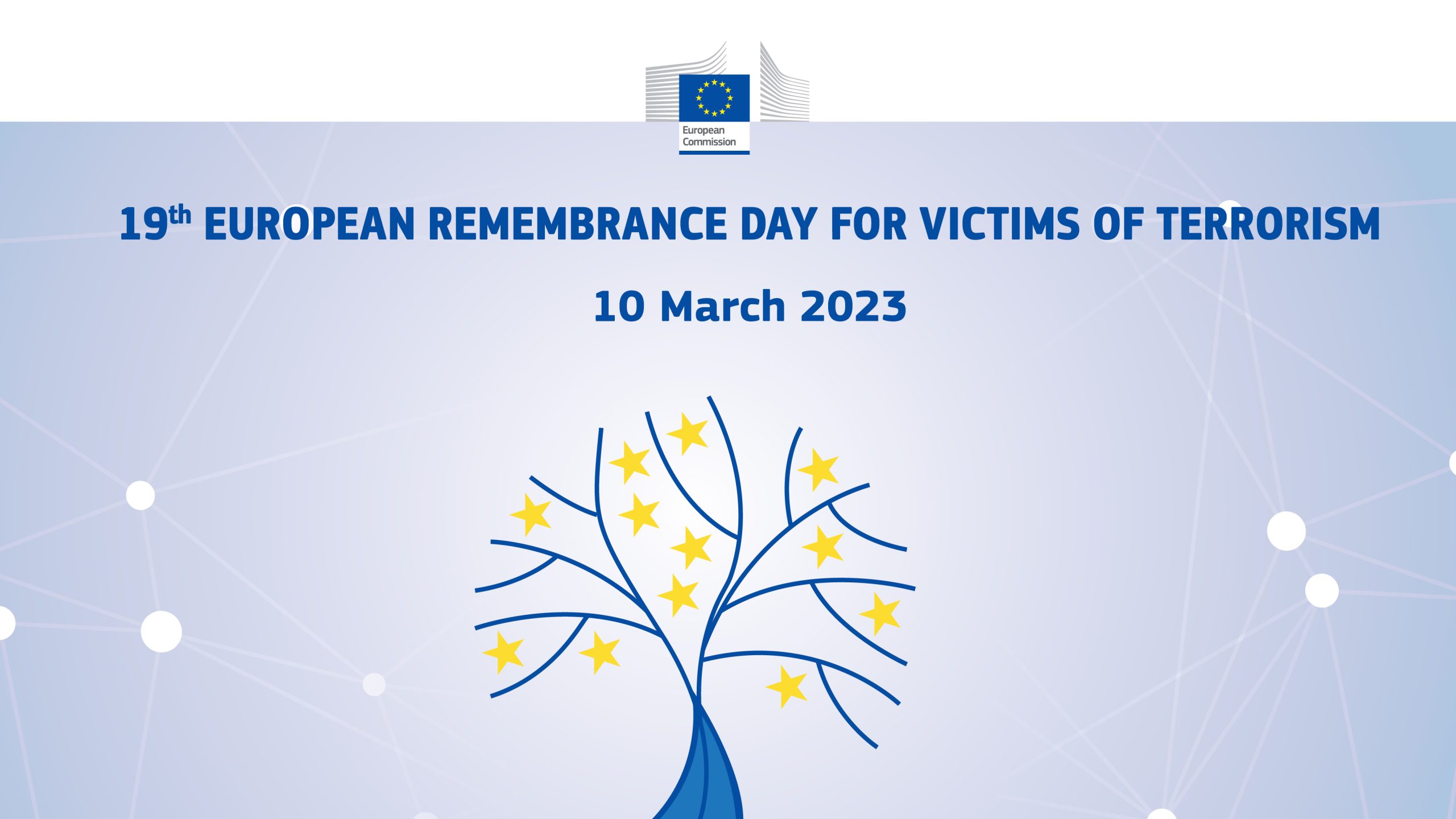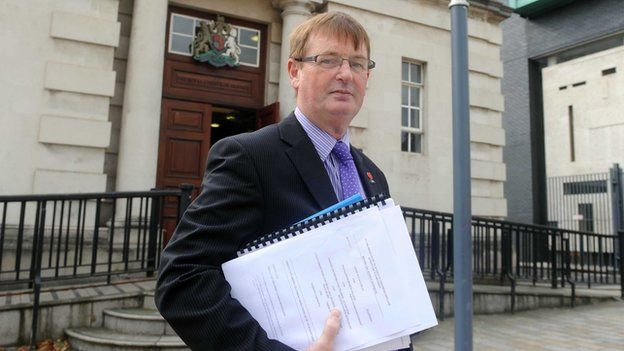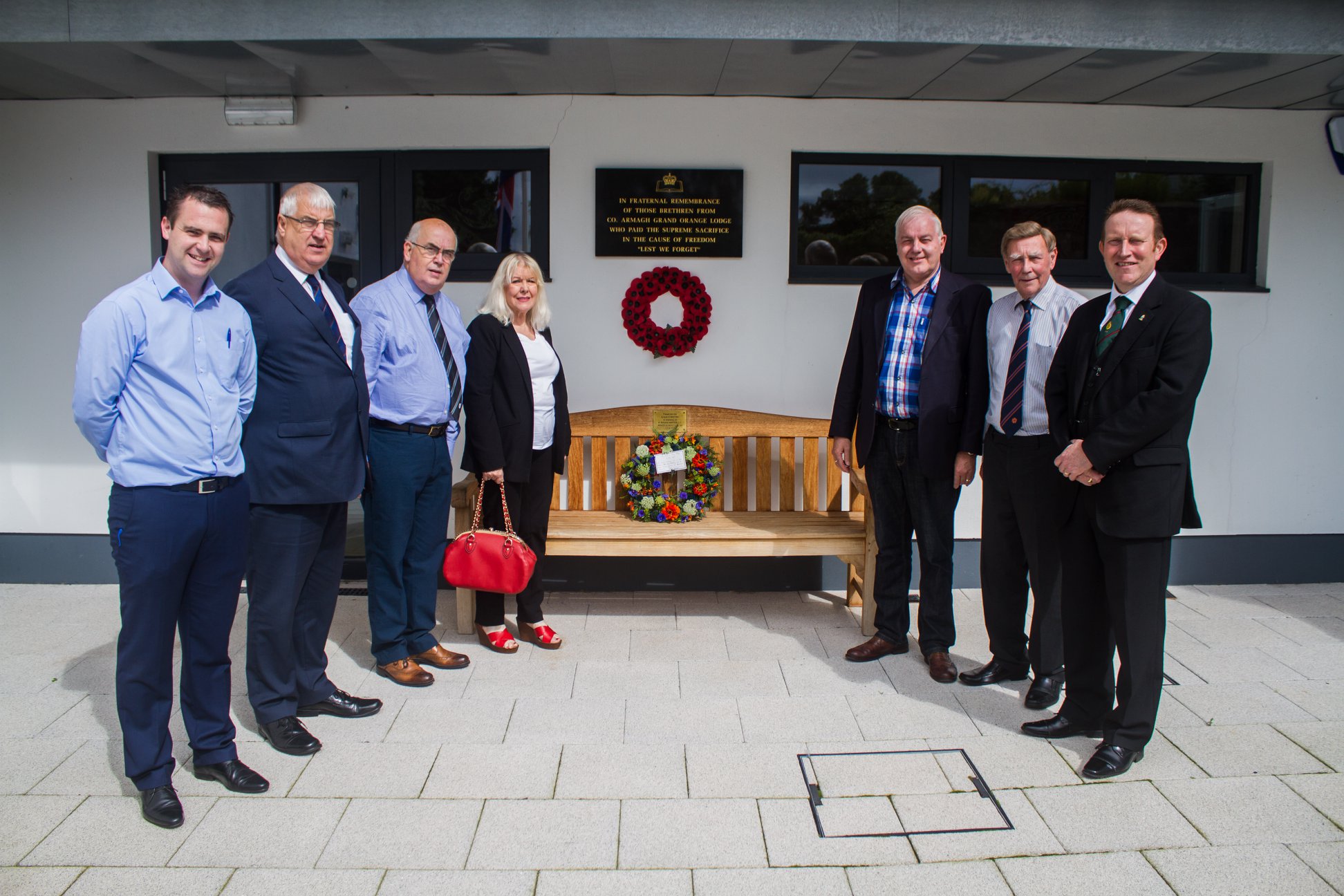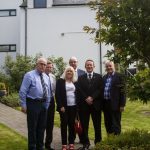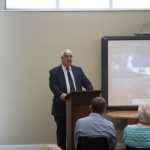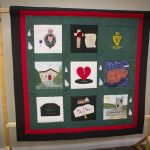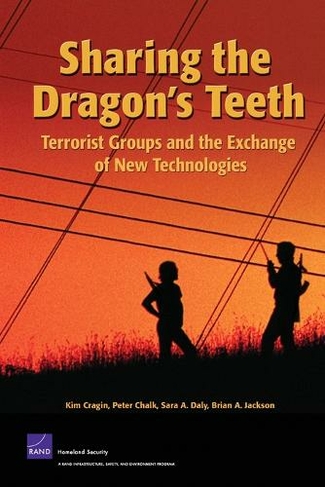International Congress of Victims of Terrorism
FAIR represented Northern Ireland's victims at a series of International Congresses where the voice of innocent victims were amplified and issues debated.
The International Centre for Victims of Terrorism of the San Pablo CEU University Foundation is the institution that established the International Congresses of Victims of Terrorism, which were born with a double objective: to be a forum where the voice of the victims could be heard and to help them to have the recognition they deserve, both by society and authorities.
These Conferences have already been held six times: Madrid (2004), Bogotá (2005), Valencia (2006), again in Madrid (2008), Medellín (2009) and Salamanca (2010). They have taken part in them more than 2.500 terror victims from different countries: Argelia, Argentina, Chile, Colombia, Congo, France, Indonesia, Ireland, Israel, Italy, Mexico, Netherlands, Peru, Russia, Rwanda, Spain, United Kigdom, United States and Uruguay.
Ist International Congress of Victims of Terrorism (Madrid)
 In 2004, the San Pablo CEU University Foundation and the Foundation for Victims of Terrorism (Spain) organized the first edition of the International Congress on Victims of Terrorism in Madrid. The main objective was to recognize the strength of victims of terrorism, who are often forgotten. This way, they could feel the warmth, respect and affection of the entire society. This first edition was opened by HRH Felipe de Borbón, Prince of Asturias. In this first Congress, victims of terrorism from United States, Israel, Ireland, Colombia, Argelia and Spain had the chance to speak and share their experiences. Politicians, judges and journalists spoke about how important was not to forget the victims of terrorism. The closing lecture was given by Mr. José María Aznar who, by that moment, was President of the Spanish Government.
In 2004, the San Pablo CEU University Foundation and the Foundation for Victims of Terrorism (Spain) organized the first edition of the International Congress on Victims of Terrorism in Madrid. The main objective was to recognize the strength of victims of terrorism, who are often forgotten. This way, they could feel the warmth, respect and affection of the entire society. This first edition was opened by HRH Felipe de Borbón, Prince of Asturias. In this first Congress, victims of terrorism from United States, Israel, Ireland, Colombia, Argelia and Spain had the chance to speak and share their experiences. Politicians, judges and journalists spoke about how important was not to forget the victims of terrorism. The closing lecture was given by Mr. José María Aznar who, by that moment, was President of the Spanish Government.
IInd International Congress of Victims of Terrorism (Bogota)
 The second edition was held in February 2005 in Bogotá (Colombia). On this occasion, Sergio Arboleda University in Bogotá organised the event. The opening lecture was given by Mr. José María Aznar, and Álvaro Uribe, President of the Republic of Colombia gave the closing lecture. Victims of terrorism from Colombia and other Latin American countries, Russia, Spain, Indonesia, Ireland, United States and Israel attended the conferences.
The second edition was held in February 2005 in Bogotá (Colombia). On this occasion, Sergio Arboleda University in Bogotá organised the event. The opening lecture was given by Mr. José María Aznar, and Álvaro Uribe, President of the Republic of Colombia gave the closing lecture. Victims of terrorism from Colombia and other Latin American countries, Russia, Spain, Indonesia, Ireland, United States and Israel attended the conferences.
IIIrd International Congress of Victims of Terrorism (Valencia)
 In February 2006, Cardenal Herrera CEU University in Valencia hosted the III International Congress of Victims of Terrorism. The venue was the Palace of Congresses of the Valencian capital, where more than 700 people registered, including victims of terrorism and attendees. Terror victims from Peru, Russia, United States, Ireland, United Kingdom, Colombia and Spain took part.
In February 2006, Cardenal Herrera CEU University in Valencia hosted the III International Congress of Victims of Terrorism. The venue was the Palace of Congresses of the Valencian capital, where more than 700 people registered, including victims of terrorism and attendees. Terror victims from Peru, Russia, United States, Ireland, United Kingdom, Colombia and Spain took part.
TRH Prince and Princess of Asturias opened the third edition of the International Congress on Victims of Terrorism. The closing lecture was given by Mr. José Antonio Alonso, Minister of Interior of Spain. Mr. Francisco Camps, President of the Autonomous Community of Valencia, and Mrs. Rita Barberá, Major of Valencia, also spoke at the closing lecture. During this edition, the attendees had the opportunity to see a photographic exhibition by Miguel Angel Blanco Foundation, which showed the cruelty and the tragic consequences of the terrorist scourge.
IVth International Congress of Victims of Terrorism (Madrid)
 The IVth International Congress of Victims of Terrorism was held at the San Pablo CEU University in Madrid in January 2008. More than 400 victims of terrorism from different countries which have suffered, and still suffer, terrorist attacks (United States, Ireland, Israel, Peru, Uruguay, France, Colombia, Argentina, Holland, Italy and, of course, Spain) attended the event.
The IVth International Congress of Victims of Terrorism was held at the San Pablo CEU University in Madrid in January 2008. More than 400 victims of terrorism from different countries which have suffered, and still suffer, terrorist attacks (United States, Ireland, Israel, Peru, Uruguay, France, Colombia, Argentina, Holland, Italy and, of course, Spain) attended the event.
Among the participants in the fourth edition were TRH Prince and Princess of Asturias, who opened the Congress; Mr. Alvaro Uribe, President of the Republic of Colombia; Mr. Fernando Araujo, Minister of Foreign Affairs of Colombia; Mrs. Esperanza Aguirre, President of the Community of Madrid; and Mr. Mariano Rajoy, leader of the main opposition party in Spain. During this Conference, the attendees could also see the photographic exhibition of the Miguel Ángel Blanco Foundation.
Vth International Congress of Victims of Terrorism (Medellin)
 With the background of the four editions, in May 2009 took place in Medellín (Colombia) the V International Congress of Victims of Terrorism. It was organised by the Colombian institutions Visible Victims Foundation and Sergio Arboleda University, in collaboration with the International Centre for Victims of Terrorism of the San Pablo CEU Foundation.
With the background of the four editions, in May 2009 took place in Medellín (Colombia) the V International Congress of Victims of Terrorism. It was organised by the Colombian institutions Visible Victims Foundation and Sergio Arboleda University, in collaboration with the International Centre for Victims of Terrorism of the San Pablo CEU Foundation.
TRH Prince and Princess of Asturias attended the Inaugural Ceremony and they were accompanied by Mr. Álvaro Uribe, President of the Republic of Colombia and other authorities. Nearly 1.000 victims of terrorism from different countries, including, Rwanda, the United States, Northern Ireland, Mexico, Argentina, Chile, France, Spain and, of course, Colombia, attended the Conference. The closing lecture was given by Mr. Felipe Calderón, President of México.
VIth International Congress of Victims of Terrorism (Salamanca)
 Finally, the Sixth International Congress of Victims of Terrorism was on February 11th – 13th 2010 in Salamanca. Over 400 victims of terrorism from different countries which have suffered or are suffering from this scourge, such as Argentina, Congo, Colombia, United States, France, Ireland, Israel, Italy, United Kigdom, Russia and Spain, took part. Once more, the opening ceremony was given by TRH Prince and Princess of Asturias, and Mrs. Arantza Quiroga, President of the Basque Country Parliament gave the closing lecture.
Finally, the Sixth International Congress of Victims of Terrorism was on February 11th – 13th 2010 in Salamanca. Over 400 victims of terrorism from different countries which have suffered or are suffering from this scourge, such as Argentina, Congo, Colombia, United States, France, Ireland, Israel, Italy, United Kigdom, Russia and Spain, took part. Once more, the opening ceremony was given by TRH Prince and Princess of Asturias, and Mrs. Arantza Quiroga, President of the Basque Country Parliament gave the closing lecture.
During the events planned for this sixth edition it took place a tribute act, called Salamanca with the victims of terrorism, where the inhabitants had the opportunity to participate directly in the Congress and express their affection and solidarity with victims of terrorism. Thousands of people gave their support to the victims in the Salamanca’s main square.
VIIth International Congress of Victims of Terrorism (Paris)
The French Association of Victims of Terrorism (AfVT.org), member of the European Network of Associations of Victims of Terrorism (NAVT), in partnership with the International Observatory for the Victims of Terrorism (CEU), organized the VIIth International Congress of Victims of Terrorism that recently took place September 15-17, 2011 at the amphitheatre Foch of the Military School of Paris.
This was the first time that the International Congress of Victims of Terrorism took place outside a Spanish speaking country. The VIIth International Congress of Victims of Terrorism in Paris included representation of victims of terrorism from 29 different countries around the world and included victims, civil society actors, political leaders, representatives of various institutions, international experts and journalists.
Comity of Honor
Finally, it is worth highlighting that the six editions of the International Congresses on Victims of Terrorism have had superb Honour Committees, including TRH Prince and Princess of Asturias, the President of the Spanish Government, the President of the Republic of Colombia, the President of the Congress Deputies and Senate of Spain, several Presidents of the Governments from Spain and Colombia, the Ombudsman and regional authorities, such as the Presidents of the Autonomous Communities of Madrid, Valencia, Castilla y León and the Mayors of Madrid, Valencia, Medellín and Salamanca.
Living Memorial Centre Development
AS FAIR marks its 25th Anniversary they have launched an exciting new Living Memorial Centre Development project. Over 15 years ago the group secured premises in Markethill. In what was the school masters house the group developed the first phase of their Living Memorial centre with a reception and administrative hub, meeting room and multi-purpose space, with kitchen. On the first floor an IT suite, and officers were developed. A memorial garden with a marble memorial funded and designed by friends and supporters on the mainland became the centrepiece with a place for victims to reflect and remember.

The group quickly outgrew the building and as new projects and activities were launched a number of temporary offices were placed on site. Over the last decade the group continued to develop the main building with an extended kitchen and disabled access toilets and storage. However as FAIR looked to its first quarter century one of the key priorities was a major development project to modernise and make their centre fit for the future. As members views were canvassed and professional advice Slough the project took shape with a range of new facilities and multiple-purpose spaces envisaged.
Meetings have already begun with the design team and the committee is turning its attention to fundraising. The ambitious target of £250,000 has been set - £10,000 for every year that FAIR has been in existence. The vision for the centre as a 'living memorial' remains strong and guides the group. It see the centre as a place of safety and support. FAIR has developed their facility at Mount Pleasant House as
An accessible, safe, friendly supportive and well resourced facility where victims can—
-
Remember loved ones they have lost as a result of the past thirty years of terrorism.
-
Meet and share within a social setting where they can share their experiences
-
Access professional services to help them deal with their physical and mental trauma,
-
Develop the skills, confidence and capacity needed to move on with their lives,
-
Receive the support, advocacy and care they deserve from the group they created
-
Deal with the Past and provide their interpretation of it in a positive way
-
Reintegrate into the community forming practical partnerships that benefit all
-
Become a valued group in society playing a full role in building lasting, genuine peace
European Memorial Day for Victims of Terrorism 2023
United in Remembrance: FAIR Group Attends European Memorial Day for Victims of Terrorism in Belfast
Introduction: In a poignant and heartfelt gathering, the FAIR Group is set to attend the European Memorial Day for Victims of Terrorism at the historic La Mon Hotel in Belfast. As we come together to remember and honor those who have suffered the profound impacts of terrorism, this event stands as a symbol of solidarity, resilience, and the enduring pursuit of justice. The La Mon Hotel, echoing with the shared stories of survival and loss, becomes a space for remembrance and a testament to the strength of those who have faced the harsh realities of terrorism.
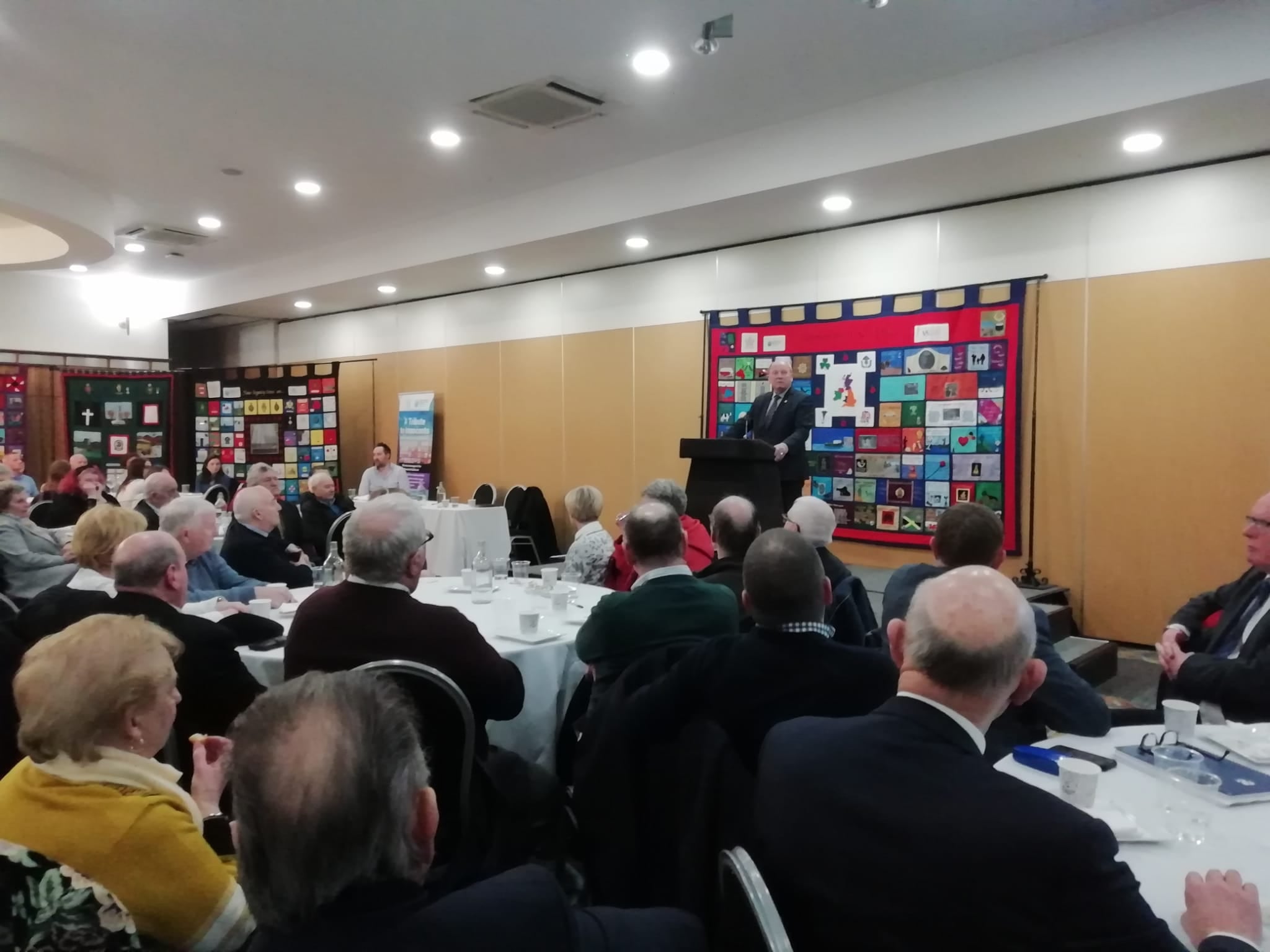
A Gathering of Compassion: The European Memorial Day for Victims of Terrorism is a significant occasion that unites people from all walks of life, transcending borders and cultures. This year, the FAIR Group is proud to stand among those who share a common commitment to acknowledging the pain and hardship experienced by victims of terrorism throughout Europe.
As attendees gather at the La Mon Hotel, there is a shared understanding that the impact of terrorism is profound and far-reaching. The event is not just a memorial but a powerful demonstration of solidarity, a coming together of survivors, families, and advocates to collectively address the challenges faced by those affected.
La Mon Hotel: A Symbolic Venue: The choice of the La Mon Hotel as the venue for this significant event adds a layer of historical significance. The hotel, which itself experienced a tragic bombing in 1978, serves as a powerful reminder of the devastating consequences of terrorism. The scars of that event are still visible, making it a poignant location for the FAIR Group and others to pay their respects and reflect on the broader impact of terrorism on individuals and communities.
Honoring the Stories of Resilience: Throughout the day, attendees will have the opportunity to share their stories, experiences, and memories. The FAIR Group, with its commitment to fairness, accountability, integrity, and respect, brings a unique perspective to the event. Members will not only stand in solidarity with victims but also contribute to the ongoing dialogue about the importance of supporting those affected by acts of terrorism.
Speeches, testimonials, and moments of reflection will weave together a narrative of resilience, emphasizing the strength and courage of survivors. By participating in this collective remembrance, the FAIR Group aims to amplify the voices of those who often go unheard and foster a deeper understanding of the long-lasting effects of terrorism.
A Call to Action: As the day unfolds, it is not just a time for reflection but also a call to action. The FAIR Group, alongside other attendees, will renew their commitment to advocating for policies that prioritize the needs of victims and promote a society free from the specter of terrorism. By standing together, we affirm our shared responsibility to work towards preventing future tragedies and creating a world where no one has to endure the pain caused by acts of terror.
Conclusion: The European Memorial Day for Victims of Terrorism at the La Mon Hotel is not just an event; it is a testament to the strength of the human spirit. As the FAIR Group participates in this solemn gathering, we are reminded that through unity and compassion, we can build a future where the shadows of terrorism are replaced with the light of justice, empathy, and resilience. May this day serve as a catalyst for positive change and a beacon of hope for all those impacted by acts of terrorism across Europe.
William Frazer
William Frazer - My Story
I grew up in the nationalist village of Whitecross, Co. Armagh. We were one of very few Protestant families living in the town and we had always got on well with our Catholic neighbours. I attended the local Catholic school because it was the closest and I can say that I was always treated well by the teachers. I played Gaelic football for a time but we never were involved in the Catholic religious practices which were pushed a great deal by the local priests upon all of us.
My father was a member of the security forces as was my next door neighbour. My Father had worked 30 years on the roads with the county council and his colleagues were all Catholics. some of whom later carried the coffin at his funeral. When the troubles started we saw a change in people. Republicans started pelting our house with stones and attacking us on a nightly basis. Our home was wrecked five times with no warning bombs. One was put in our kitchen window which failed to detonate. On one occasion our house was petrol bombed, things got so bad that the army had to guard us for three days. They attacked the front door of the house with a sledgehammer one day when my father was out.
Because of all this we had to move to Newtownhamilton, but our intimidation continued. Our next door neighbour William Meaklin was kidnapped and held for several days by Republicans. During this time they tortured him and finally killed him. William was one of the nicest men you could meet. A number of months before his gruesome death, the electric in the town had gone off. William had travelled to Belfast and lifted a load of gas heaters and cookers which he gave out to pensioners in the area without charge. I believe it was because he was so well liked within the community that he was killed.
It was a week after this that my father was killed. Republicans had also tried to kidnap him but had been unable to do so. If he had been carrying his protection weapon which he had refused to do he could have saved himself. The first night of my father's wake the IRA tried to attack our home, but they were seen in time by our neighbours who included a Catholic. Because of this the army were able to reach us before the terrorists. Instead the Republicans turned their attention to Tullyvallen Orange Hall which they attacked the following night. Here they killed 5 people and injured 14. We could hear the shooting from our house and went straight to the hall. I can still remember the awful smell of guns and burning flesh.
Soon after this Republicans killed my uncle Johnny Bell. He had been out socialising with a Catholic neighbour that night.
In Newtownhamilton I witnessed many atrocities. One day I saw a policeman shot by the IRA and I can remember two occasions when they opened fire on soldiers in the police station.
They also killed another uncle killed - Clifford Lundy, as well as two cousins - Trevor Elliot and Alan Johnston. I also had five very good friends killed by the IRA in South Armagh. One was killed in an RUC station in Newry, he had not been in the police force long. It just seemed to be the decent people that were being killed. Another friend was going out with a Catholic girl. They pulled up to a shop so she could get sweets when he was shot through the head.

A memorial to James Frazer at the where spot he was murdered.
Our biggest problem is the fact that we had something to be proud of - we are Protestant Ulstermen. We also respect our Catholic neighbours who have the same rights as we do. In South Armagh Republicans killed three times as many Catholics as Loyalists and Security Forces combined. A poor track record by anybodies reckoning.

The grave were James Frazer is buried with his son William standing beside it.
As I see it the problem is not between Catholic and Protestant, there has been injustice on both sides. My uncle had no running water or inside toilet, we had no more than anyone else. Just because my religion or culture is different from somebody elses it does not give them the right to kill me. Until the government starts listening to people who suffered in the name of peace and justice the current problems can never be dealt with. Atrocities carried out by Republicans during ceasefires shows that these people cannot be trusted. People tell us that they are not killing us any longer so we should be happy. My family still lives in fear of gunmen and serial killers because such people still believe they have the right to carry out further atrocities in the name of Republicanism. It is this fear that has not gone away.
Fortieth Anniversary of Narrow-water

A service has taken place near Warrenpoint to mark 40 years since 18 soldiers died (Picture: PA).
Veterans have gathered at a roadside at Narrow Water, County Down, to remember 18 soldiers who were killed at the spot by two IRA bombs 40 years ago.
More than 200 veterans, politicians and local people were present for a service and wreath-laying ceremony on the banks of Carlingford Lough.
Those in attendance include survivors of the atrocity which took place on 27 August 1979 close to Warrenpoint.
The IRA exploded the remote-control bombs from a firing point on the other side of the river, in the Republic of Ireland.
Six soldiers travelling in an Army vehicle were killed by the first bomb, which was planted in a hay lorry parked at the side of the road.
As colleagues arrived to help, a second device exploded 30 minutes later, killing 12 more troops.

It was the highest death toll suffered by the Army on a single day in Northern Ireland.
The service remembering the incident comes on the same day as a service at Mullaghmore in County Sligo to commemorate the 40th anniversary of the IRA murder of Second World War commander Lord Louis Mountbatten and three others.
A bomb on board a fishing boat killed the Queen's second cousin, two members of the former First Sea Lord's family and a Co Fermanagh teenager.
The mother and father of Paul Maxwell, the Fermanagh teenager who died, were among those who gathered for the outdoor service on a clifftop overlooking the scene of the atrocity.
FAIR Memorial Quilts Display
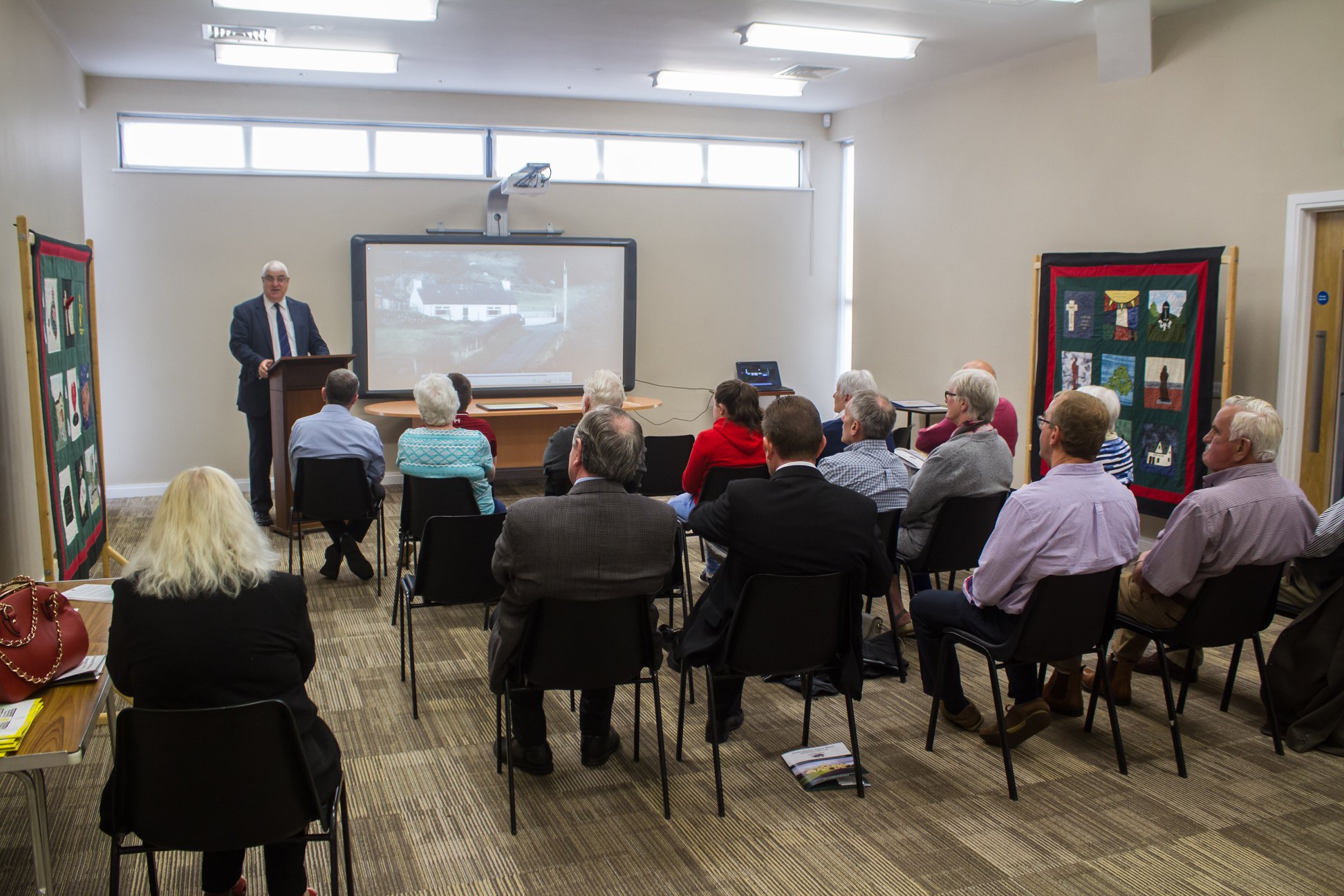
Sharing the Dragon's Teeth
RAND Study Finds Terrorist Groups Teach Each Other Deadly Skills
A Report by the internationally respected Rand Corporation a think tank which specialises in conflict research has supported the findings of a FAIR Report into the links between FARC and the PIRA. We exposed the international web of terrorist organisations which trade in terrorism technology and techniques in exchange for drug money.
Terrorist groups around the world with different ideologies and from different religious and ethnic backgrounds have improved their effectiveness by teaching each other deadly skills such as bomb-making and guerilla warfare techniques, according to a RAND Corporation report issued today.
“Terrorist groups that have little in common and with very different goals are sharing knowledge for their mutual benefit, and that's bad news,” said Brian A. Jackson, one of the authors of the report and the associate director of the RAND Homeland Security Research Program.
Groups from regions as varied as the Middle East, Colombia, Indonesia and the United Kingdom have traded destructive technologies, researchers found. Both the student and the teacher usually receive some benefit, according to the study by RAND, a nonprofit research organization.
Technology sharing among terrorist groups has not received a great deal of attention. But studying the exchanges provides a new means of understanding the behavior of terrorist groups and highlights another part of the complex threat posed by terrorism, according to researchers.
Researchers examined 11 terrorist groups that operate in the Middle East, South America and Southeast Asia. Examples of the sharing of technological knowledge among terrorist groups include:
- In Mindanao in the Philippines, the Indonesian group Jemaah Islamiyah trained Filipino terrorists. New technologies transferred included remote detonation, improvised explosive devices, and pressure-activated switches designed to detonate bombs should security forces attempt to deactivate them. These exchanges improved the operational effectiveness and helped increase the number of attacks by militant groups in the Philippines from 2003 to 2005. For Jemaah Islamiyah, the effort provided its members safe havens.
- In the former demilitarized zone in southwest Colombia, the Provisional Irish Republican Army trained terrorists in the Revolutionary Armed Forces of Colombia, commonly referred to as FARC (Fuerzas Armadas Revolucionarios de Colombia). New technologies and knowledge included remote-detonation technologies and Mark 18 “barracks-buster” mortars, as well as guerrilla warfare tactics. These skills helped FARC improve its urban warfare capabilities in 2001. The IRA reportedly benefited by using the freedom of the demilitarized zone to experiment with its own weapons and received cash from FARC.
“In most of the instances we studied, both groups experience some type of operational benefit from the effort,” Jackson said. “It's that shared benefit that that usually drives the relationship, not just shared philosophies or goals.”
Researchers say their findings suggest that analysts seeking to understand terrorist group behaviors and assess the level of threat they pose should broaden their view of the risks posed by skilled terrorists.
For example, given concern about terrorist interest in unconventional weapons, individuals with skills involving chemical, biological, radiological or nuclear technology are frequently a central focus of counterterrorism analysts.
But the RAND study shows the importance of individuals with expertise in conventional explosive technologies as well. Understanding the factors that shape individuals who transfer such knowledge from one organization to another can lead to a better understanding of how the terrorist threat will evolve in the future.
The report, “Sharing the Dragon's Teeth: Terrorist Groups and the Exchange of New Technologies,” is available at www.rand.org.
The RAND study was sponsored by the U.S. Department of Homeland Security. Other authors of the report are Kim Cragin, Peter Chalk and Sara A. Daly of RAND.
The study was produced by the Homeland Security Program in the RAND Infrastructure, Safety and Environment Division. The Homeland Security Program provides research and analysis to Congress, along with federal, state and local government agencies and private sector clients charged with preventing and mitigating the effects of terrorist activity within U.S. borders.
